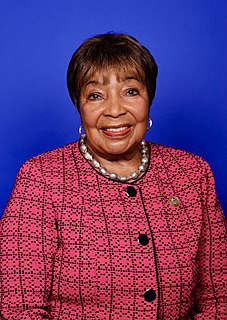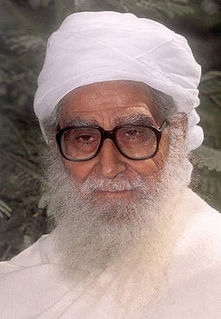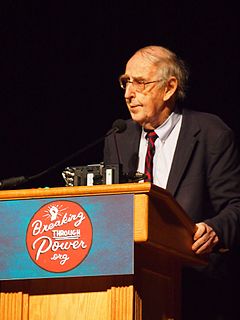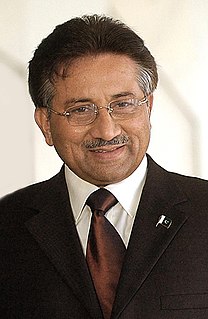A Quote by Eddie Bernice Johnson
Our second phase was to develop a school curriculum that teaches tolerance, respect for differences, conflict resolution, anger management, and other attributes of peace.
Related Quotes
In order to survive, a plurality of true communities would require not egalitarianism and tolerance but knowledge, an understanding of the necessity of local differences, and respect. Respect, I think, always implies imagination - the ability to see one another, across our inevitable differences, as living souls.
Anger cannot be overcome by anger. If someone is angry with you, and you show anger in return, the result is a disaster. On the other hand, if you control your anger and show its opposite - love, compassion, tolerance and patience - not only will you remain peaceful, but the other person's anger will also diminish.
Whether we consider the individual, family, local, national or international level, peace must arise from inner peace. For example, making prayers for peace while continuing to harbor anger is futile. Training the mind and overcoming your anger is much more effective than mere prayer. Anger, hatred and jealousy never solve problems, only affection, concern and respect can do that.
Peace is a culture that we create by putting it in the curriculum for young people, through creating this next generation where young people get a chance to go across borders, across cultures, to learn more about each other's life, to create a global community, learn about opportunities for helping others. It's investing in peace and tolerance training, ending the gap between rich and poor.
































